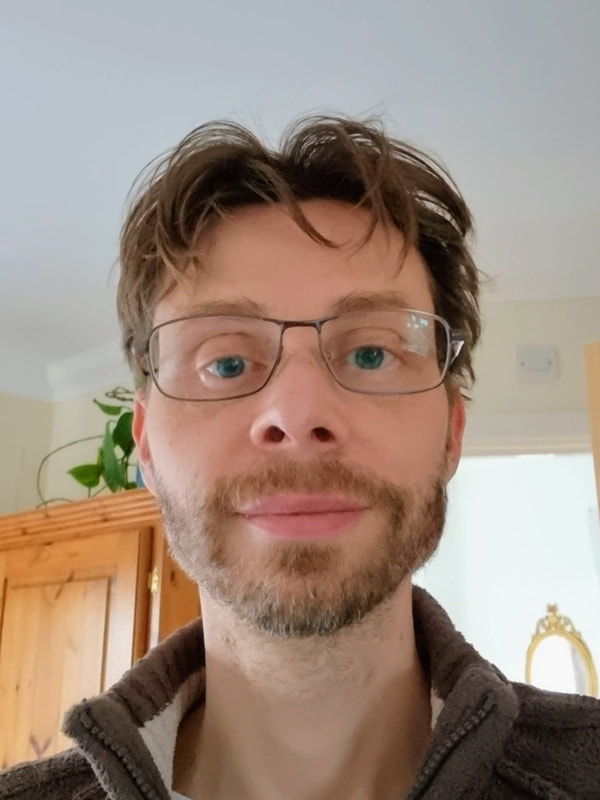|
"I am as God created me" is the title of three separate A Course in Miracles Workbook lessons (W94, W110, W162). The idea also features in other lessons (e.g., W219: "I am not a body. I am free. For I am still as God created me" and W260: "Let me remember God created me".)
We need these reminders, for when we forget that God created us, we forget What we Are. And when we forget What we Are, we forget What we have within ourselves – Love, Peace, Joy. That forgetfulness leads us to pursue a futile journey to find those things outside our Self. Remembering that we are as God created us is a step in coming to our senses and returning to our True Home. In this guided meditation for the Miracle Network UK, I reflect on the idea that "I am as God created me" and on the parable of the prodigal son (Luke 15:11-32). Included is a short reading from Reflections on God's Love.
0 Comments
In all three synoptic gospels (Mark, Matthew and Luke), Jesus is recorded as asking his disciples, "Who do people say that I am?"
The disciples' response demonstrates the extraordinary effect Jesus must have had on people who he met: "Some say [you are] John the Baptist; others say Elijah; and still others, Jeremiah or one of the prophets". At a stretch, confusing Jesus for John the Baptist could have been a case of mistaken identity: John was a contemporary of Jesus who had recently been executed. But Elijah or Jeremiah? These were prophets from centuries before whose lives were recorded in the Jewish scriptures! Did people really see Jesus as a somehow a re-embodiment of one of them? The gospel accounts then have Jesus put a direct question to his disciples: "Who do you say that I am?" It is Peter who answers, "Thou art the Christ, the Son of the living God". Jesus doesn't deny this, though in the accounts of Mark (which was the first of the surviving gospels to be written) and Luke, he does warn Peter not to speak about him to anyone - perhaps because he realised Peter's description would, very likely, be misunderstood. It isn't recorded in the gospels, but I wonder whether, at any time, Jesus may have asked his disciples another question: "Who do you say that you are?" If he had done, would any among them have responded in a similar way… "We are all Christ, all of us one Son of the living God"? Such a view would be seen as heresy by many Christians. But I can imagine Jesus's lips turning upwards into a smile if any of his disciples had uttered those words. Was the message of Jesus that he was different from the rest of us, but that we can save ourselves from punishment for our sins if we believe in his unique identity as Son of God? Or was it, perhaps, that we are not separate from one another, confined within perishable bodies; we are eternal spirit, creations of the One Spirit? Yes, we have wandered off awhile to make our own way, but one holy instant we will remember our Divine inheritance and - as prodigal sons and daughters - return Home to be welcomed back into our Father/Mother's loving embrace. |
AuthorPeter Parr: Quaker, writer and former member of the British minigolf team. (Actually those are all just roles I play. Words can't describe who any of us really are.)
|


 RSS Feed
RSS Feed


